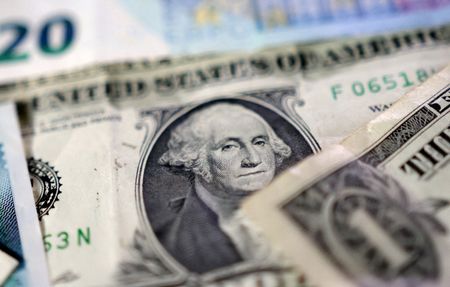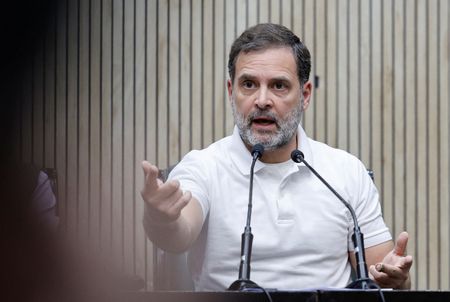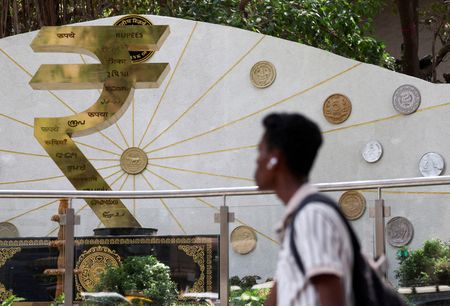MUMBAI (Reuters) -India’s markets regulator on Wednesday proposed to include new market practises such as algorithmic trading and proprietary trading in its master regulations.
At present, such activities are covered under broad guidelines and circulars that are legally binding and issued whenever needed, but the Securities and Exchange Board of India (SEBI) now aims to provide a more formal structure.
These proposals come a month after SEBI temporarily barred U.S.-based trading firm Jane Street, citing manipulation of key indexes. SEBI has invited market feedback on these proposals until September 3.
Proprietary trading houses, which use their own funds to profit from market moves, and foreign investors made gross profits of 330 billion rupees and 280 billion rupees, respectively, from the Indian market in the three years to March 2024.
Most of these profits were generated using trading algorithms that place trades using automated execution logic.
Once the proposals are formalised, changes to the norms may require approvals from SEBI’s board, which includes government nominees.
The SEBI proposal also includes the need for stock broking firms’ boards to have at least one director who has stayed in India for more than 182 days in a financial year to facilitate governing and implementation of compliance requirements.
The regulator has also proposed to not define “small investors” by their trade size – of cash transactions of not more than 50,000 rupees ($570.09) – anymore.
SEBI data shows that nearly 91% of retail traders, mostly small investors, made losses totaling 524 billion rupees in the derivatives market in 2024.
“As the definition is no longer relevant, it is proposed to delete the same from regulations,” SEBI said.
The regulator also proposed to align regulations better with other capital market intermediary regulations.
($1 = 87.7060 Indian rupees)
(Reporting by Jayshree P Upadhyay; Editing by Harikrishnan Nair)











